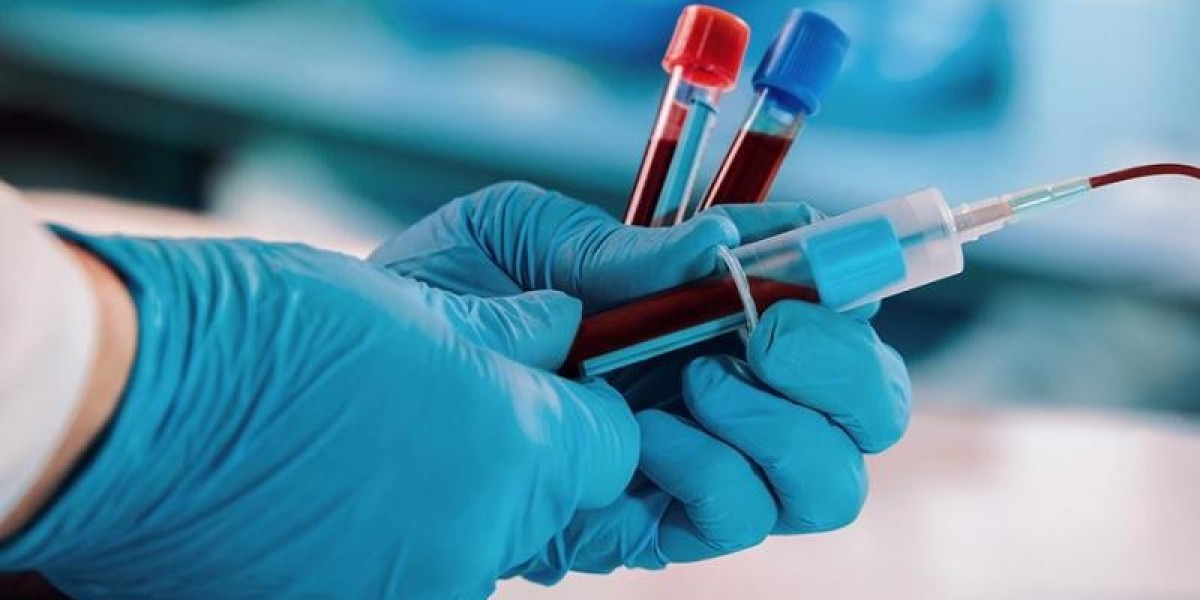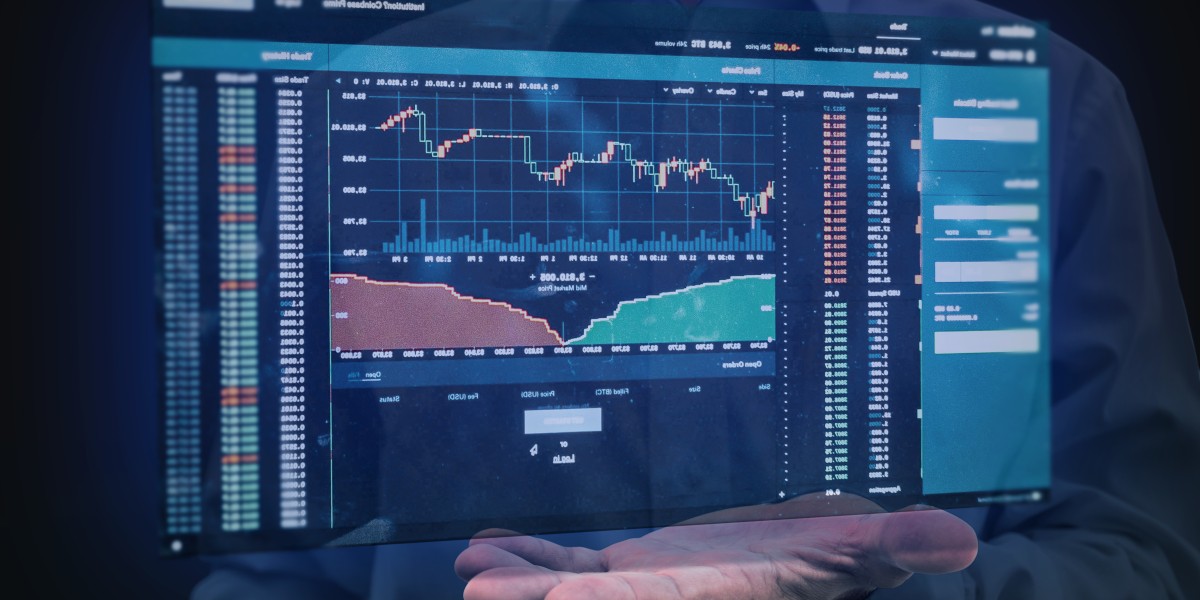IMARC Group, a leading market research company, has recently releases report titled “Blood Collection Market Report by Product (Needles and Syringes, Blood Collection Tubes, Blood Bags, and Others), Application (Diagnostics, Treatment), End Use (Hospitals, Diagnostics Centers, Blood Banks, and Others), and Region 2024-2032”, Offers a comprehensive analysis of the industry, which comprises insights on the market.
How Big Is the Blood Collection Market?
The global blood collection market size reached US$ 7.0 Billion in 2023. Looking forward, IMARC Group expects the market to reach US$ 10.3 Billion by 2032, exhibiting a growth rate (CAGR) of 4.2% during 2024-2032.
Factors Affecting the Growth of the Blood Collection Industry:
- Technological Advancements and Innovation:
Technological advancements have revolutionized blood collection methods, making procedures safer, more efficient, and less invasive. Innovations such as automated blood collection systems, improved needle designs, and advanced blood component separation techniques have enhanced the overall efficiency and reliability of blood collection processes. For example, the introduction of vacuum-based blood collection systems has significantly reduced the risk of hemolysis and contamination, improving the quality of collected blood specimens. Furthermore, the integration of RFID (Radio-Frequency Identification) technology and barcode systems has streamlined inventory management and tracking, minimizing errors and enhancing traceability throughout the blood supply chain. Continuous research and development efforts have also led to the discovery of novel biomarkers and diagnostic assays, driving the demand for specialized blood collection devices tailored to specific testing requirements.
- Increasing Demand for Blood Products and Services:
The demand for blood products and services is steadily rising due to various factors such as an aging population, the prevalence of chronic diseases, and advances in medical procedures requiring blood transfusions. As the global population continues to grow and age, the incidence of conditions such as cancer, cardiovascular diseases, and blood disorders is expected to increase, driving the need for blood and blood components for both therapeutic and diagnostic purposes. Additionally, emerging economies are witnessing rapid urbanization and healthcare infrastructure development, leading to greater accessibility to blood transfusion services and increased awareness about the importance of blood donation. Moreover, expanding indications for blood-based therapies, such as stem cell transplantation and immunotherapy, are contributing to the growing demand for specialized blood products. This trend is further amplified by the increasing prevalence of complex medical procedures and surgeries, including organ transplants and major trauma cases, which often require large volumes of blood products.
- Regulatory and Quality Assurance Compliance:
Regulatory requirements and quality assurance standards play a pivotal role in shaping the operations and growth trajectory of the blood collection industry. Stringent regulatory frameworks govern the collection, processing, storage, and distribution of blood products to ensure patient safety and product efficacy. Compliance with regulations such as Good Manufacturing Practices (GMP), Good Laboratory Practices (GLP), and standards set forth by regulatory agencies like the Food and Drug Administration (FDA) and the European Medicines Agency (EMA) is essential for obtaining approvals, licenses, and certifications necessary for conducting blood collection activities. Additionally, adherence to quality assurance protocols, including stringent donor screening procedures, infectious disease testing, and blood component processing protocols, is imperative to mitigate the risk of transfusion-transmitted infections and ensure the safety and integrity of blood products. Non-compliance with regulatory requirements can lead to severe consequences, including legal sanctions, product recalls, and damage to the reputation of blood collection facilities.
For an in-depth analysis, you can refer sample copy of the report: https://www.imarcgroup.com/blood-collection-market/requestsample
Leading Companies Operating in the Global Blood Collection Industry:
- Abbott Laboratories
- Becton Dickinson and Company
- FL MEDICAL s.r.l.
- Greiner AG
- Haemonetics Corporation
- McKesson Corporation
- Medtronic plc
- Nipro Corporation
- Qiagen N.V.
- Quest Diagnostics
- Sarstedt AG & Co. KG
- Terumo Corporation
Blood Collection Market Report Segmentation:
By Product:
- Needles and Syringes
- Blood Collection Tubes
- Serum-separating
- EDTA
- Heparin
- Plasma-separating
- Blood Bags
- Others
Needles and syringes are essential components in blood collection procedures, utilized across a wide range of healthcare settings and applications, thus driving their dominance in the market segment.
By Application:
- Diagnostics
- Treatment
Diagnostics require blood samples for a multitude of tests and screenings, spanning various medical disciplines, resulting in a significant demand for blood collection products tailored to diagnostic purposes.
By End Use:
- Hospitals
- Diagnostics Centers
- Blood Banks
- Others
Hospitals serve as primary hubs for medical care and treatments, including blood transfusions and diagnostic procedures, hence driving substantial demand for blood collection products within their facilities.
By Region:
- North America: (United States, Canada)
- Asia Pacific: (China, Japan, India, South Korea, Australia, Indonesia, Others)
- Europe: (Germany, France, United Kingdom, Italy, Spain, Russia, Others)
- Latin America: (Brazil, Mexico, Others)
- Middle East and Africa
North America’s dominance in the blood collection market is attributed to factors such as advanced healthcare infrastructure, high prevalence of chronic diseases requiring blood products, and robust regulatory frameworks supporting the blood collection industry’s growth and development in the region.
Global Blood Collection Market Trends:
The global market is primarily driven by the increasing prevalence of chronic diseases and infectious conditions, necessitating frequent blood tests for diagnosis and monitoring. Additionally, the growing healthcare expenditure globally, coupled with increasing investments in healthcare infrastructure and technology, is driving the adoption of advanced blood collection systems and services and impelling market growth.
Moreover, the rising stringent regulations mandating blood screening for infectious diseases, blood compatibility testing, and donor eligibility criteria are driving the demand for blood collection services and quality assurance measures, further driving market growth. Furthermore, the shifting trends towards personalized healthcare and precision medicine approaches require extensive blood profiling for genetic and molecular analysis, which is contributing to market expansion.
If you require any specific information that is not covered currently within the scope of the report, we will provide the same as a part of the customization.
About Us
IMARC Group is a leading market research company that offers management strategy and market research worldwide. We partner with clients in all sectors and regions to identify their highest-value opportunities, address their most critical challenges, and transform their businesses.
IMARC Group’s information products include major market, scientific, economic and technological developments for business leaders in pharmaceutical, industrial, and high technology organizations. Market forecasts and industry analysis for biotechnology, advanced materials, pharmaceuticals, food and beverage, travel and tourism, nanotechnology and novel processing methods are at the top of the company’s expertise.
Contact US
IMARC Group
134 N 4th St. Brooklyn, NY 11249, USA
Email: [email protected]
Tel No:(D) +91 120 433 0800
United States: +1-631-791-1145 | United Kingdom: +44-753-713-2163



